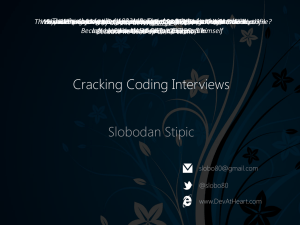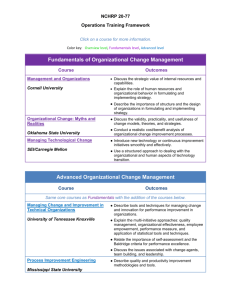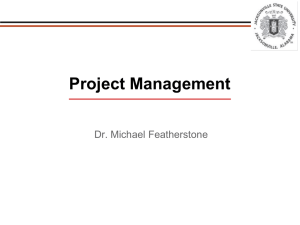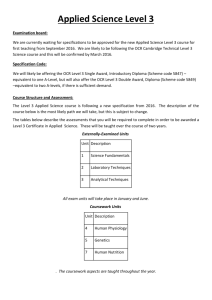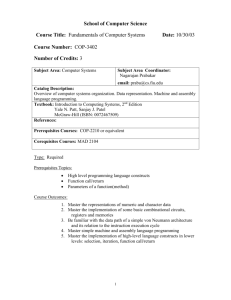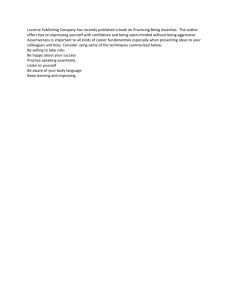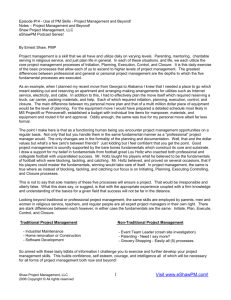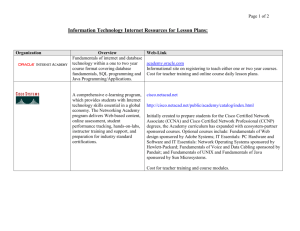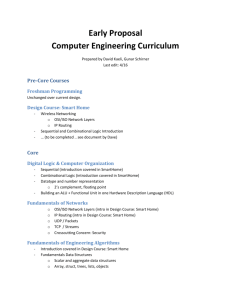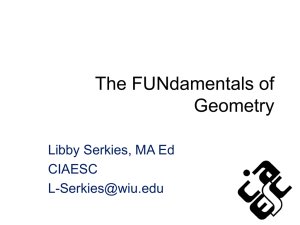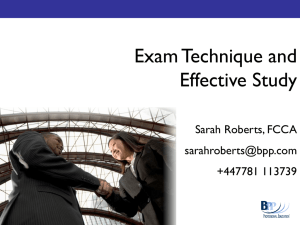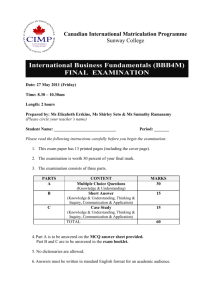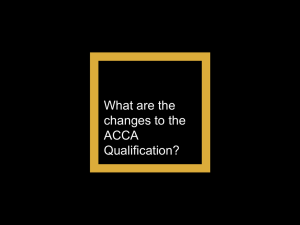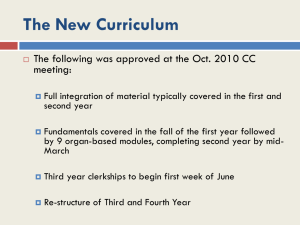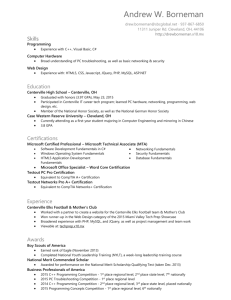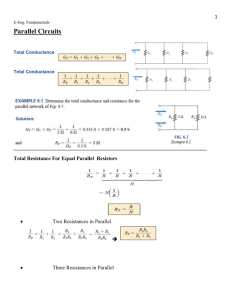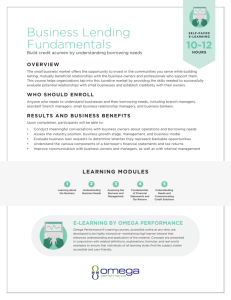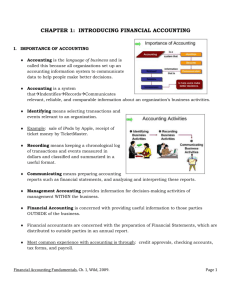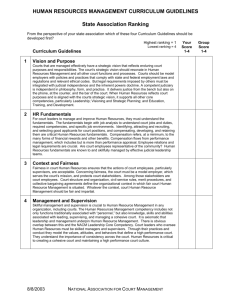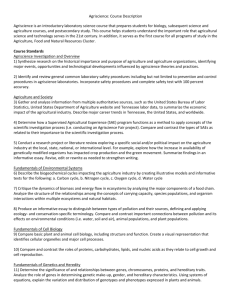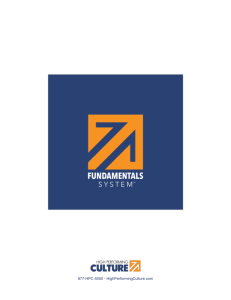ICT - Computer Science
advertisement
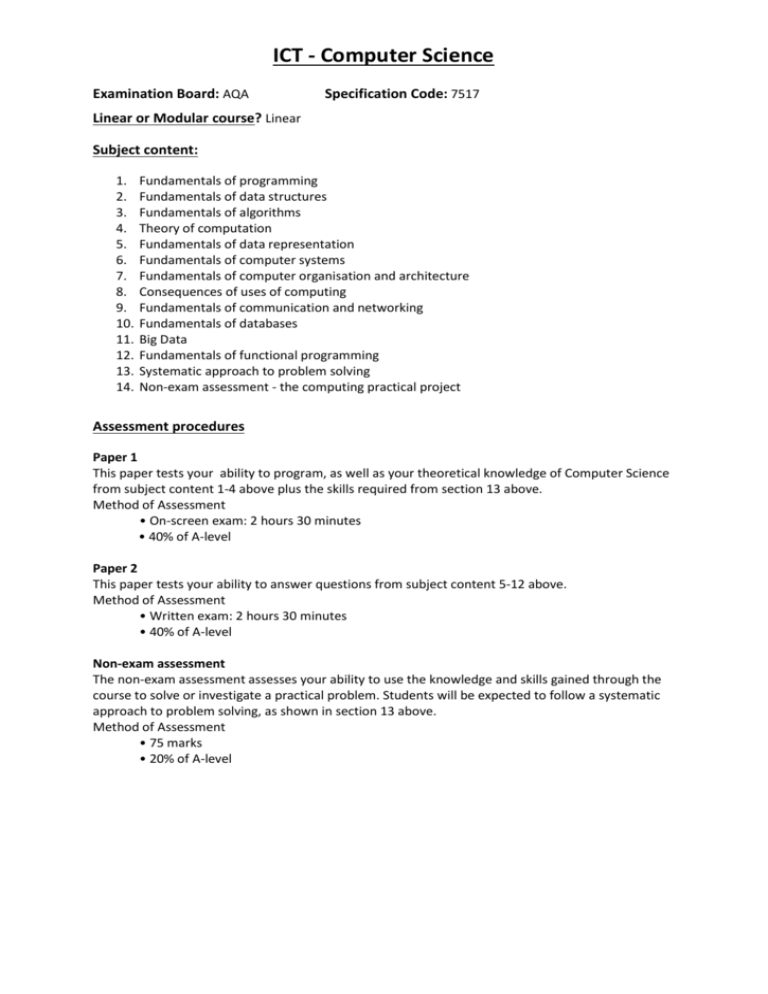
ICT - Computer Science Examination Board: AQA Specification Code: 7517 Linear or Modular course? Linear Subject content: 1. 2. 3. 4. 5. 6. 7. 8. 9. 10. 11. 12. 13. 14. Fundamentals of programming Fundamentals of data structures Fundamentals of algorithms Theory of computation Fundamentals of data representation Fundamentals of computer systems Fundamentals of computer organisation and architecture Consequences of uses of computing Fundamentals of communication and networking Fundamentals of databases Big Data Fundamentals of functional programming Systematic approach to problem solving Non-exam assessment - the computing practical project Assessment procedures Paper 1 This paper tests your ability to program, as well as your theoretical knowledge of Computer Science from subject content 1-4 above plus the skills required from section 13 above. Method of Assessment • On-screen exam: 2 hours 30 minutes • 40% of A-level Paper 2 This paper tests your ability to answer questions from subject content 5-12 above. Method of Assessment • Written exam: 2 hours 30 minutes • 40% of A-level Non-exam assessment The non-exam assessment assesses your ability to use the knowledge and skills gained through the course to solve or investigate a practical problem. Students will be expected to follow a systematic approach to problem solving, as shown in section 13 above. Method of Assessment • 75 marks • 20% of A-level ICT - Computer Science Qualities and skills essential for studying A Level Computer Science Computer Science offers rewarding and challenging possibilities for a wide range of people regardless of their range of interests. It requires and develops capabilities in problem solving, imagination and sensitivity to a variety of concerns Willingness to learn new concepts, determination to succeed when the solution to a problem doesn’t seem obvious Entrance requirements GCSE Maths, English and ICT grade B or above What can I do after I study Computer Science Computer Science is a discipline regarded as a core science alongside Physics, Chemistry and Biology. So if you are looking to take a science based course at university, Computer Science would be accepted on an equal basis to one of the more traditional sciences. In terms of employment, computing jobs are among the highest paid and have the highest job satisfaction. Computing is very often associated with innovation, and developments in computing tend to drive it. The possibilities for future developments are expected to be even greater than they have been in the past. You can progress to higher education or a career in computing Additional information http://www.aqa.org.uk/subjects/ict-and-computer-science
